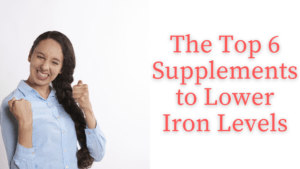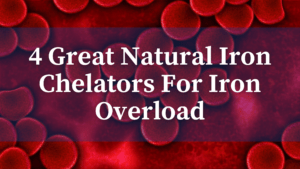People have always told me to eat beetroots to improve my hemoglobin. But being a thalassemia major, I’ve always wondered if beetroot is good for thalassemia or not. Read on to find out.
Check out my article on thalassemia major if you want to know more about it.
Beetroot has been used as a remedy for many conditions since the Middle Ages and is a rich source of folate, fiber, manganese, potassium, iron, and vitamin C. Even today it is widely used for treating digestive disorders, lowering blood pressure and many other conditions and disorders.
But is Beetroot good for Thalassemia?
The simple answer is yes! Even though it may not directly increase hemoglobin levels, it is still a great addition to the diet for all thals – major or minor.
So why exactly are beetroots good for thalassemia? Here’s why:
they contain betalains
Betalains have anti-inflammatory properties which is really helpful for thals with joint problems or even with liver inflammation. It keeps inflammation in control.
they contain nitrates
Nitrates in beetroots help the body produce energy and increase blood supply to major muscle groups ensuring you don’t tire as easily.
they contain Kaempferol
Kaempferol is a flavonol and some studies have shown its iron chelating and high antioxidant activity. This needs more research but it’s still a positive for thals. There are other great natural iron chelators that really work.
Click here to read the article about 4 Great Natural Iron Chelators
they contain fiber
Fiber is essential for everyone to ensure a healthy gut. Excellent addition to a thal diet.
Is beetroot juice good for thalassemia?
Yes, beetroot juice is great for thalassemia. It will give you more energy and is packed with antioxidants which are great for your organs.
Don’t worry about the iron because it isn’t a lot. And if you’re chelating properly it should not be a problem at all.
Just add one glass to your diet and drink it every other day or every few days and you’ll start noticing a difference. You can even mix other fruits and vegetables to it to give your drink an additional boost of antioxidants and nutrients.
Even thalassemia.com recommends eating a colorful diet to ensure you get all the essential nutrients your body needs.
Check out this article if you want to know the supplements and vitamins I recommend for thalassemia.
Is beetroot good for hemoglobin?
A lot of people wonder if beets can increase hemoglobin.
Beetroots can increase hemoglobin levels as shown in some researches but there is still no conclusive evidence for this and more studies are required for this to see how it works for Thalassemia patients.
But that does not mean that you should not be eating or juicing it. You should add beetroot to your diet for its nutritional properties.
Does beet help with anemia?
Beetroots are specially great for iron deficiency anemia as they contain iron. Even though it’s not a lot of iron but it still helps and should be consumed regularly for people with iron deficiency anemia.
Which form of beetroot is the best?
You can take beetroot raw, as a juice or even buy it as a supplement. However, I would recommend you speak to your doctor before going for a supplement as they may contain other unwanted ingredients.
Try to keep it as natural as possible to make sure you get the good stuff with the least amount of side effects.
Conclusion
Beets are an excellent source of folate, fiber, manganese, potassium, iron, and vitamin C. You should definitely add them to your diet even if you have thalassemia major or minor.
This doesn’t mean you eat them three times a day. Too much of anything is bad.
Don’t worry about the iron content as that’s not too much if you are eating a balanced portion. Just make sure you are chelating properly and eat a healthy, natural and colorful diet!
If you are looking for natural iron chelators don’t forget to check out this article I wrote



